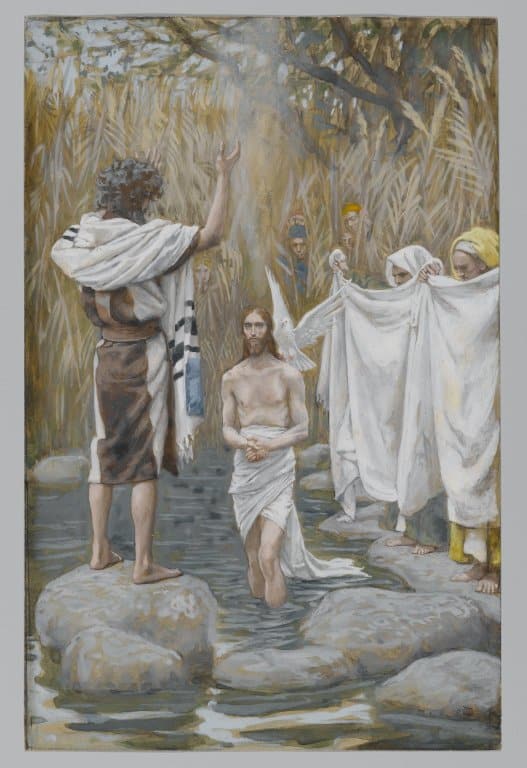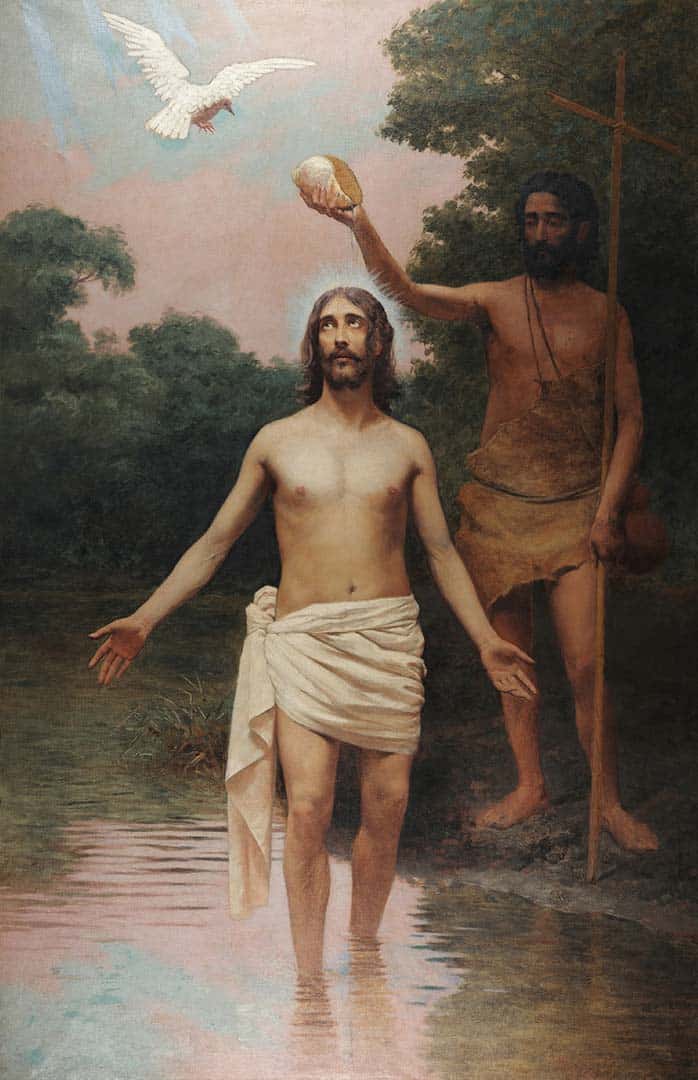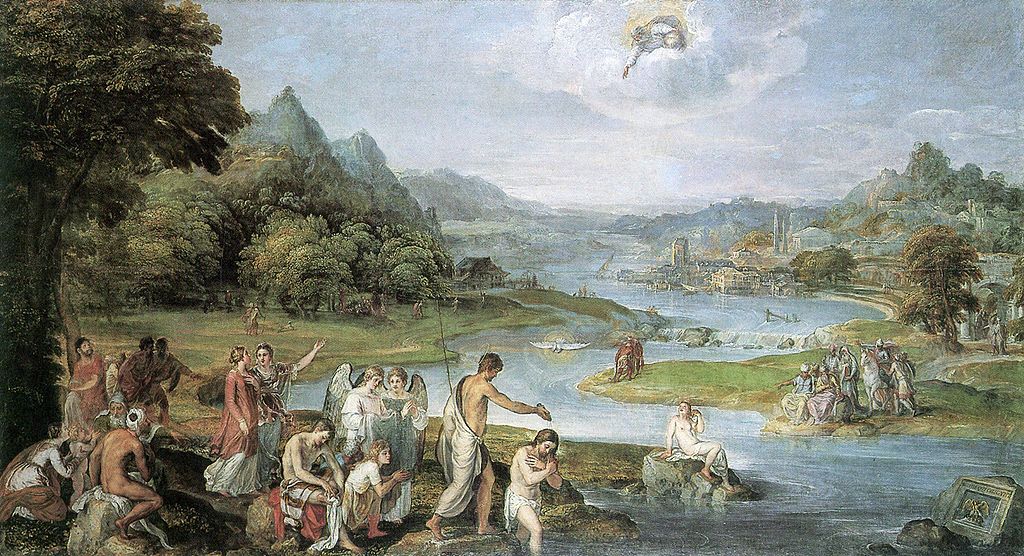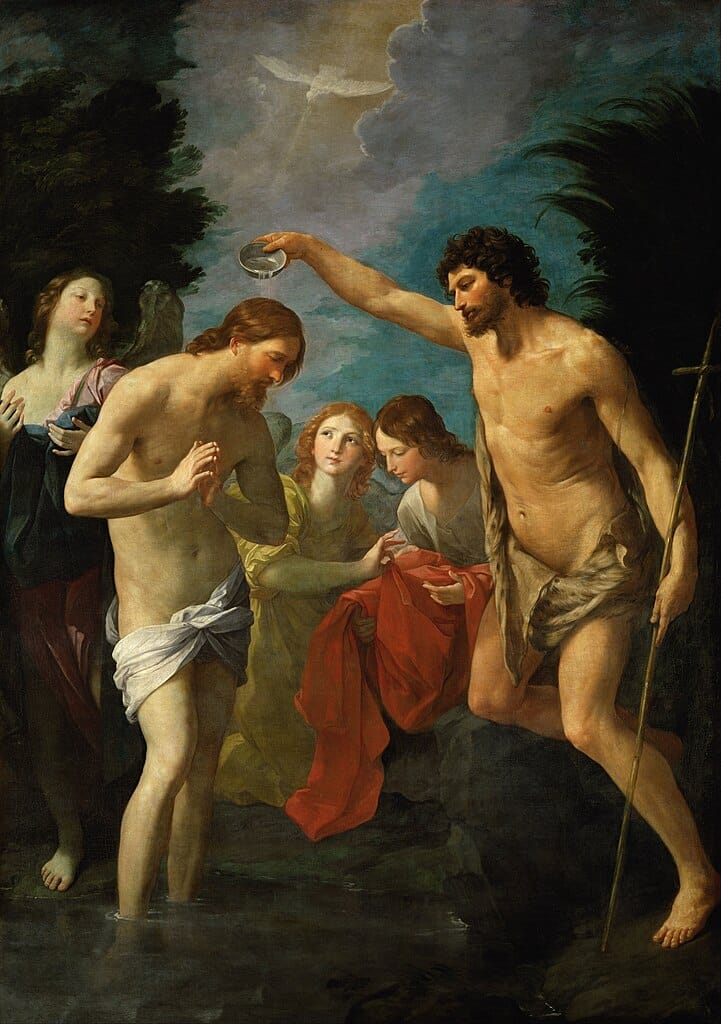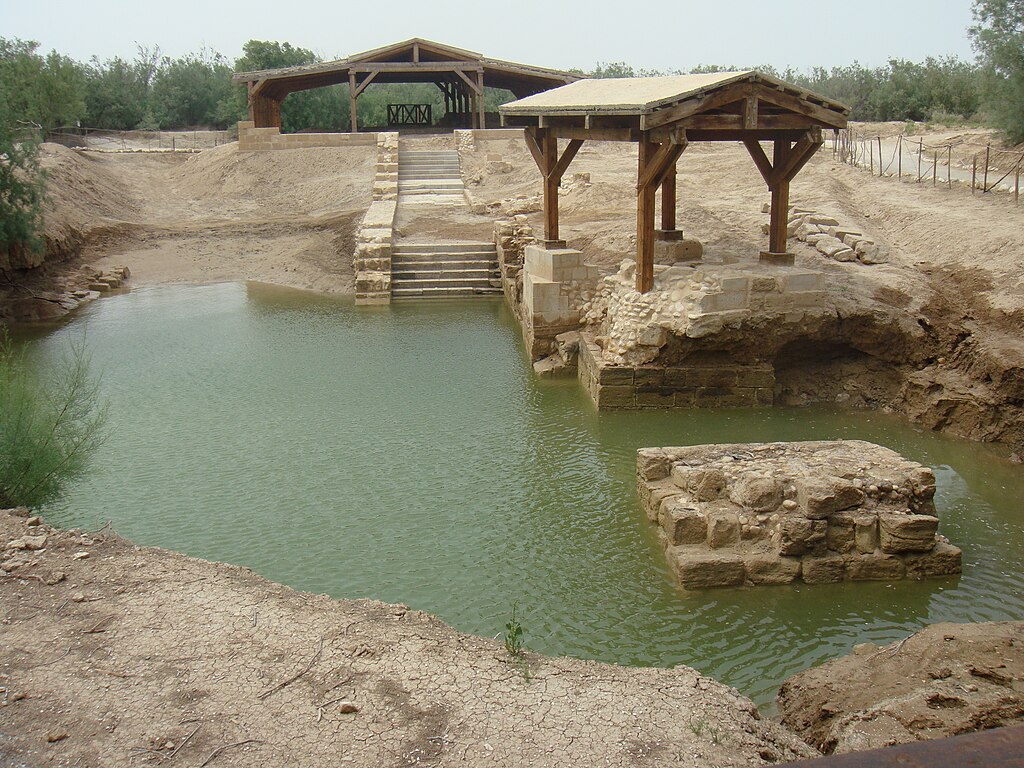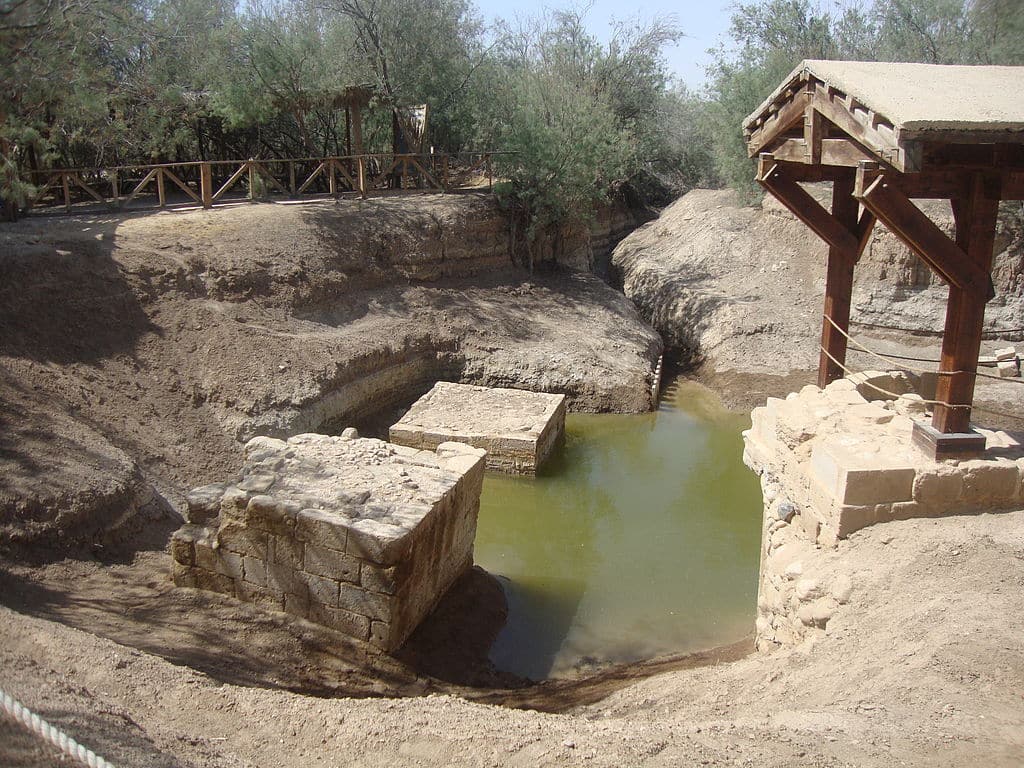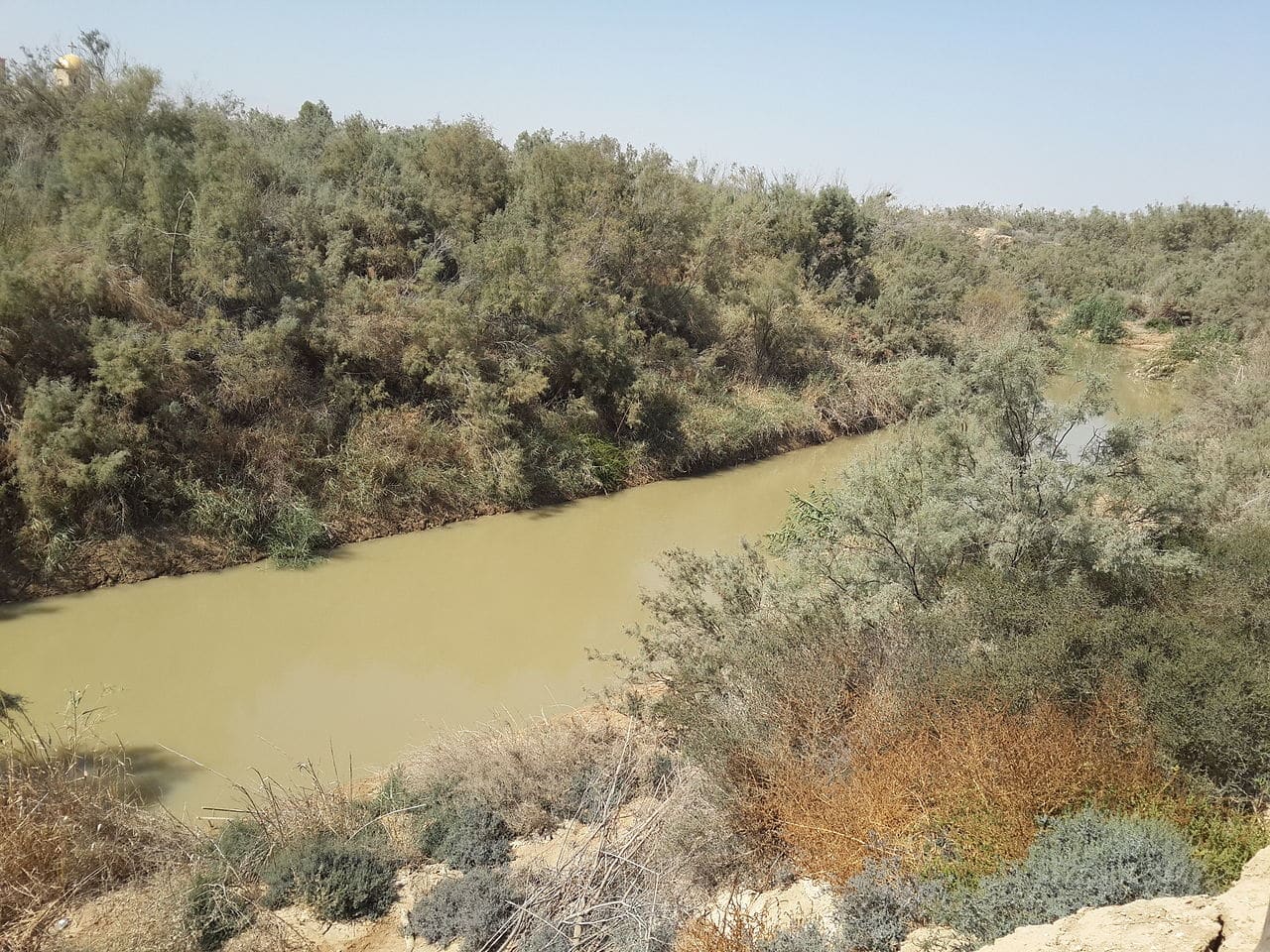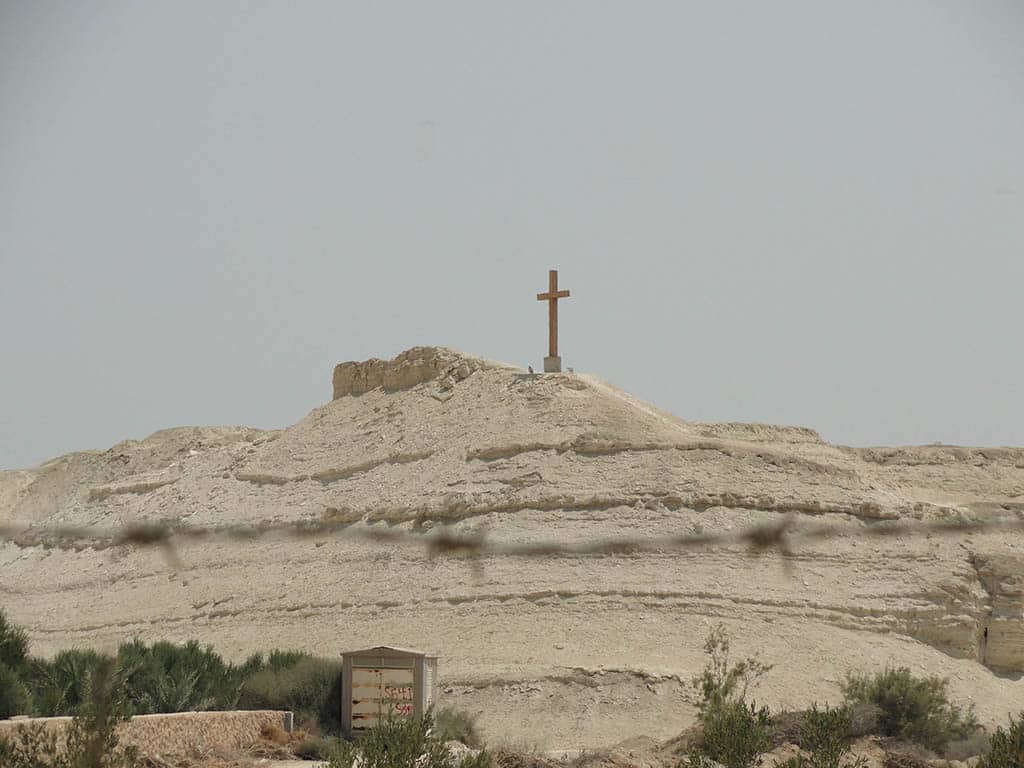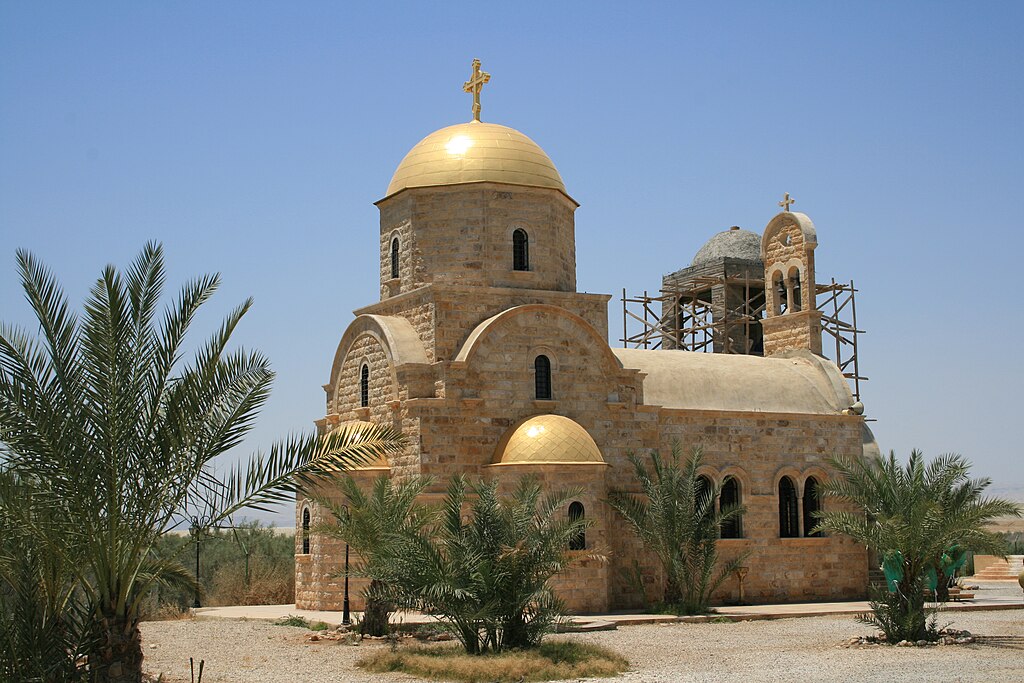Rome
Carousel of images for this Bible Exhibit
Listen to this Bible Exhibit
Rome, founded in 753 BC, emerged as a dominant power that shaped the biblical world. Its influence is evident throughout the New Testament, where it is both a setting and a symbol. The city became the heart of an empire stretching from Britain to Arabia, absorbing diverse cultures and ideas. In the time of Jesus and the apostles, Rome was at the peak of its power, boasting a vast population, monumental architecture, and an intricate political system.
The Bible presents Rome in contrasting ways. The book of Acts records that the apostle Paul longed to visit Rome, recognizing its strategic importance for spreading the gospel. When he finally arrived, he was under house arrest but continued to preach boldly about Jesus Christ Acts 28:30-31. His epistle to the Romans highlights profound theological truths, including justification by faith and God’s sovereign plan for both Jews and Gentiles Romans 1:16-17. According to early church tradition, Rome was also the site of Paul’s and Peter’s eventual martyrdom.
However, the book of Revelation portrays Rome as a corrupt and oppressive force. The city is symbolized as Babylon, the harlot who leads nations astray and is responsible for the persecution of Christians Revelation 17:9. This reflects the brutal reality of Roman rule, especially under emperors like Nero, who executed believers and blamed them for disasters such as the great fire of AD 64. Rome’s power, wealth, and military dominance made it a force to be reckoned with, but its moral decay and persecution of the faithful placed it in opposition to God’s kingdom.
Despite its corruption, Rome played a key role in the spread of Christianity. Its extensive road networks, common language, and political stability facilitated missionary journeys. The Roman Empire unknowingly set the stage for the gospel to be carried far and wide, reaching Jews and Gentiles alike. Even persecution, intended to crush Christianity, often strengthened believers and led to more significant expansion of the faith.
Today, the remnants of ancient Rome still stand. The Colosseum, once a site of gladiatorial games and possibly Christian executions, remains a testament to its grandeur and cruelty. The Roman Forum, where political and judicial decisions were made, now lies in ruins, reminding the world that earthly empires fade. Yet, the message of Christ that Paul and others proclaimed in Rome continues to change lives, proving that only God’s kingdom is eternal. As Jesus said, “Heaven and earth will pass away, but my words will never pass away” Matthew 24:35.



